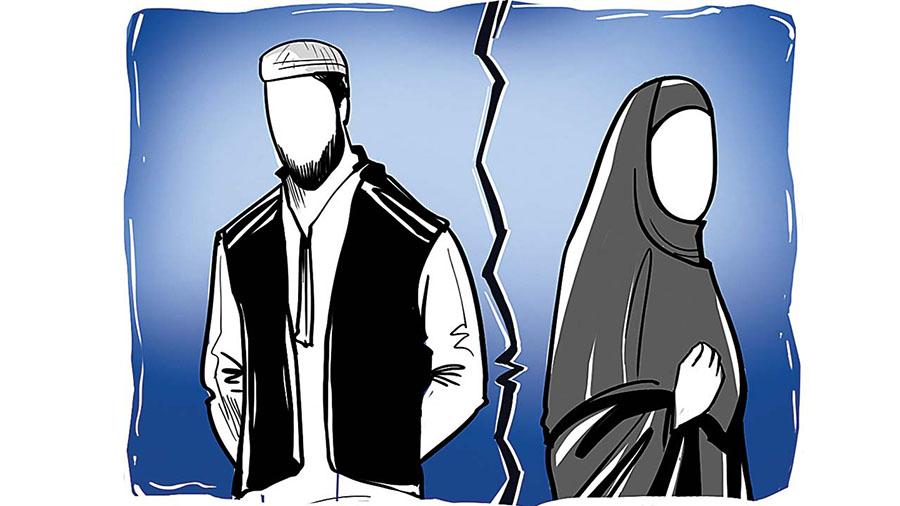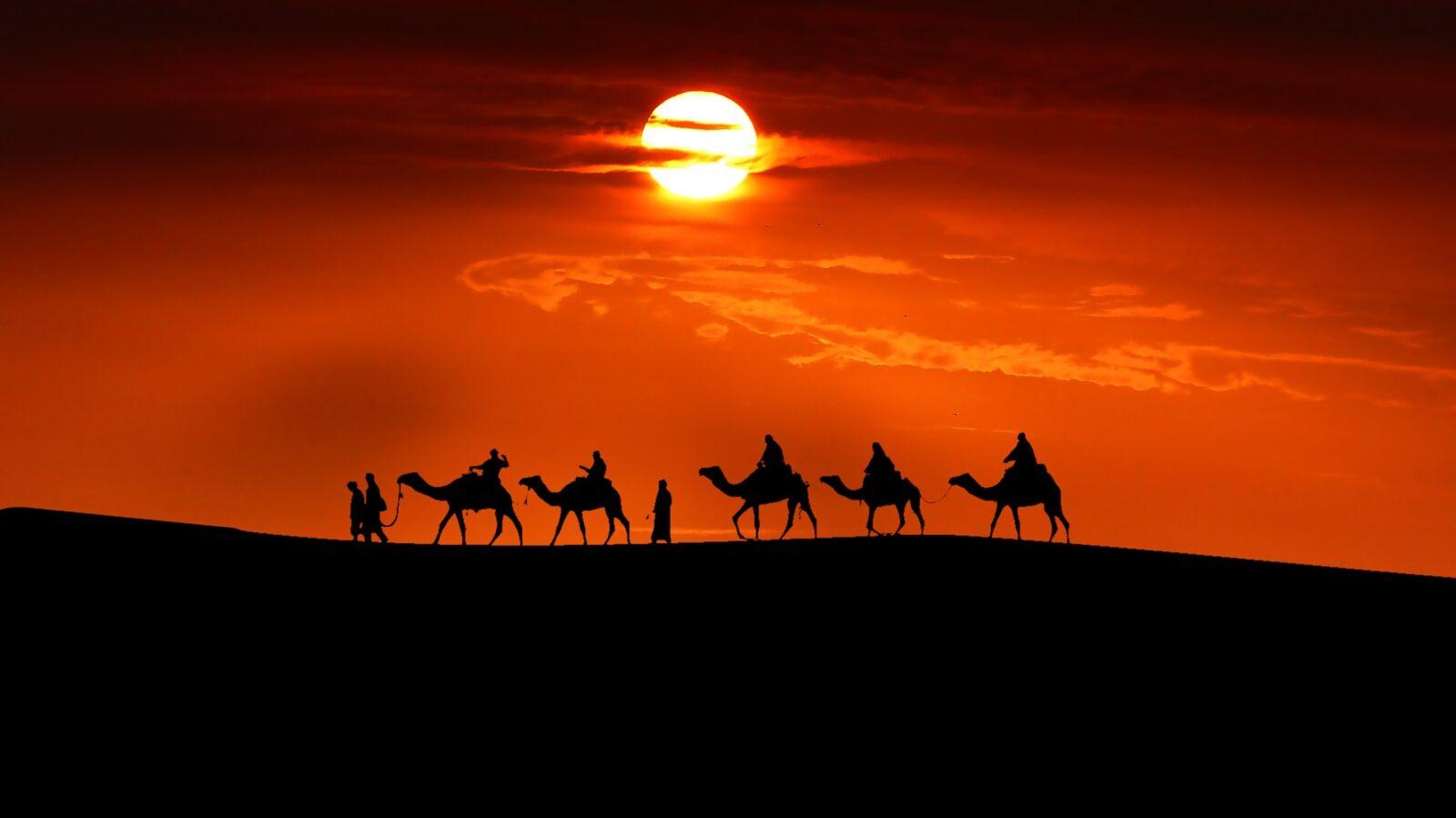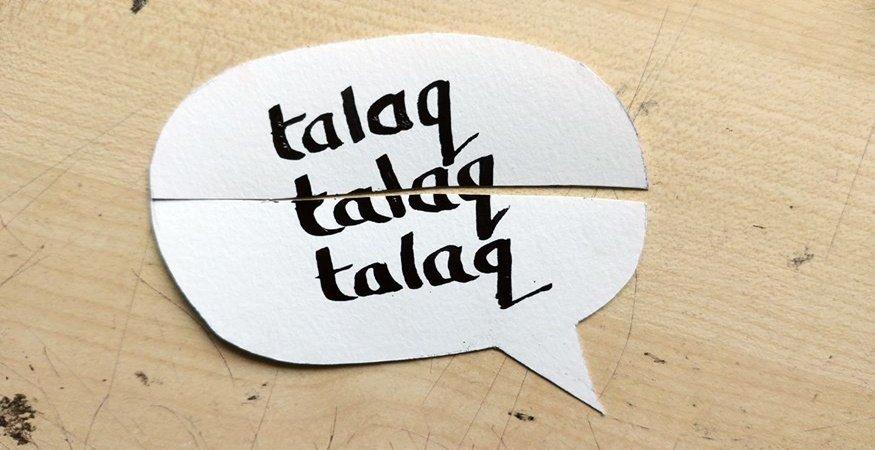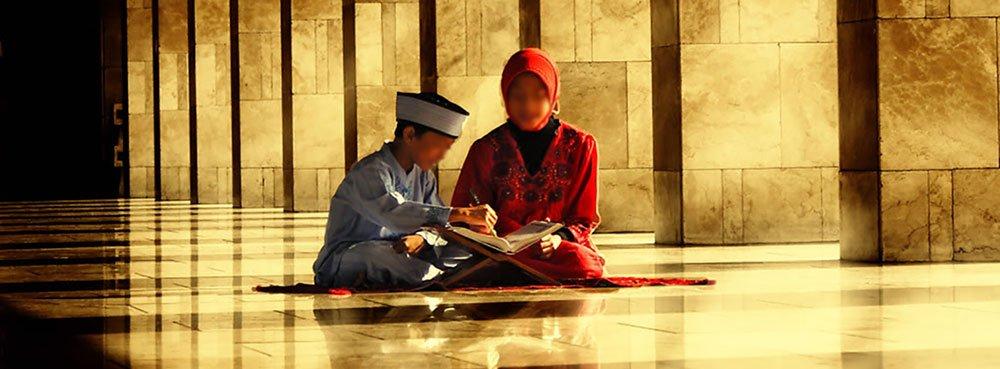And do not wish for that by which Allāh has made some of you exceed others. For men is a share of what they have earned, and for women is a share of what they have earned. And ask Allāh of His bounty. Indeed Allāh is ever, of all things, Knowing. (Qur’an, 4:32)
This verse and the one that follows continue the discussion of relationships and dealings among men and women. They also speak with relevance to the system of inheritance that the Surah outlined earlier.
First, there is a general prohibition against coveting anything that Allah has given to others. It can include wealth and property, abilities and talents, roles and occupations, social position or other privileges. But it has also been interpreted to refer primarily to the difference in shares of inheritance between men and women. Authoritative commentaries give support to both aspects.
Women among the Ṣaḥābah were eager to earn more rewards, especially that of martyrdom which men achieved through jihād. Umm Salamah said, “O Messenger of Allah, we do not fight and become martyrs, and we receive half a share of inheritance.” And some women requested participation in jihād, saying, “We wish Allah would require us to fight so we could get a reward like that of the men.” Then this verse was revealed.
Early commentators also reported that some men had been saying, “We hope to have twice the reward of women [in the Hereafter] the same as shares of inheritance.” And women said, “We hope to have half the burden of sins that men have as in inheritance.” But Allah refused all that and told them to pray instead for His bounties.
Differences in the allocation of responsibilities, specialties and compensations results in organization and balance.
Women are not required to go to war because they give birth and raise generations of men who will defend the ummah. Their duty is to bring up their sons in a manner that enables them to face the difficulties of life and participate in jihād when and however necessary.
In this particular sphere, female ability and importance is greater than that of men. When men die leaving women behind, the ummah is left with productive members who produce children, compensating for the loss of life and decrease in manpower. As for the reward, both men and women are reassured that it is sufficient for every human being to fulfill the responsibilities assigned to him or her in order to achieve a good position in the sight of Allah.
Differences in the allocation of responsibilities, specialties and compensations results in organization and balance. It is inconceivable that men and women, so distinct in their physical and mental characteristics, should not have different roles and requirements. This is an important aspect of the relationship between the two genders which must be accepted within the Muslim family and society.
Each should seek from Allah what is best for him or her as an individual in both worlds, trusting in His justice. Ibn ‘Abbās and others added, “No one should say, ‘I wish I had as much wealth or as many children as this or that person.’ Allah prohibited that. Rather, one should pray to Allah to grant him of His favor.”
Excerpt from the author’s book ‘Social and Family Rulings from Surah an-Nisaa’








 Dr. Bilal Philips
Dr. Bilal Philips